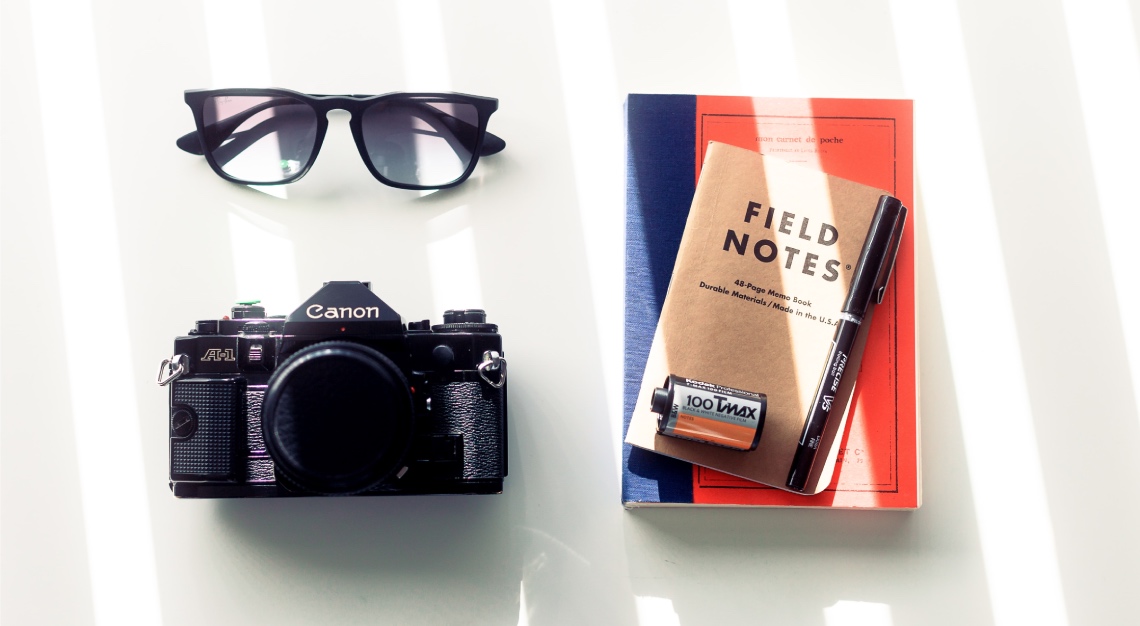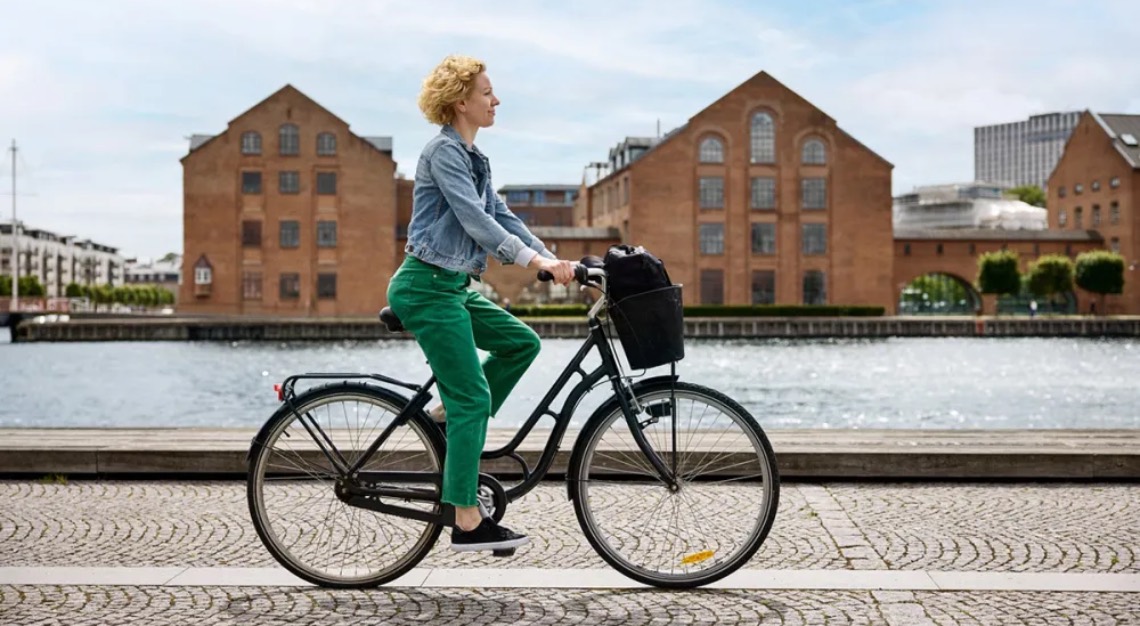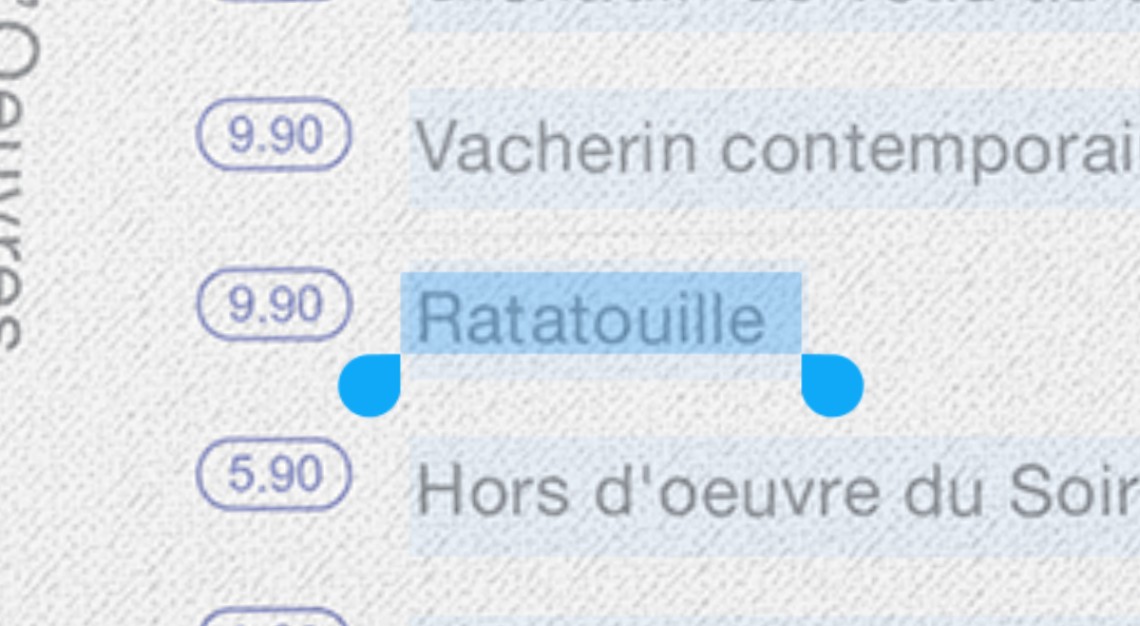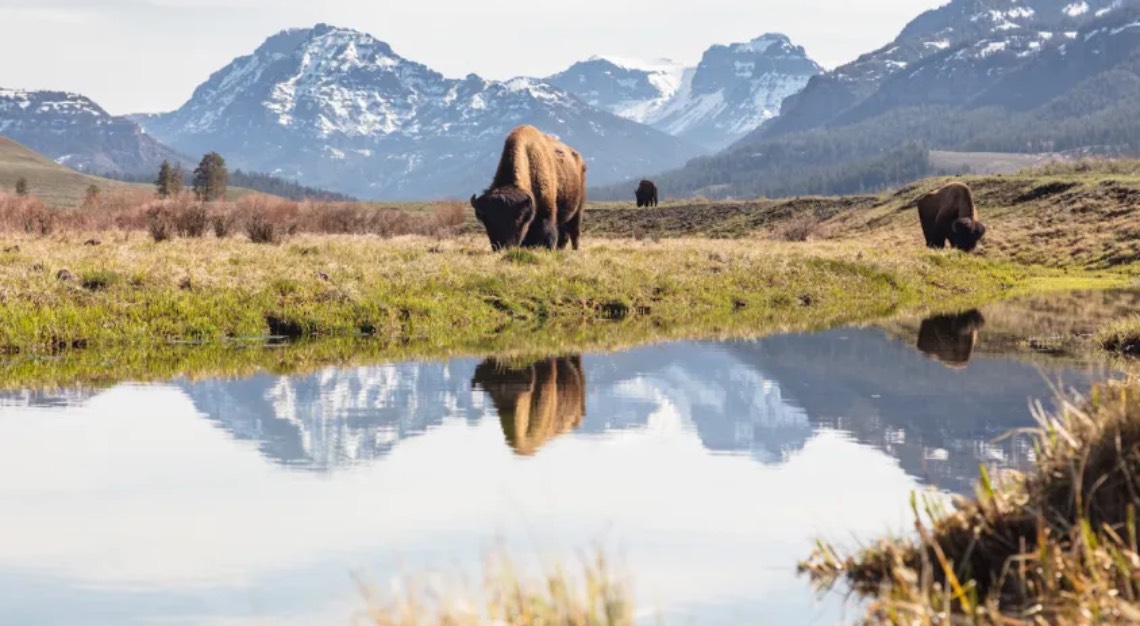What travel really means
It has taken me almost a quarter of a century to forgive my college tutor for his misguided advice. Well, I thought it was misguided. I suspect he was just being mischievous and paying me back for two years of perceived indolence. For one of my finals, my class had to embark on what was known as a ‘Seven-day Paper’ which is fairly self-explanatory.
At High Noon on a Monday, we were given the exam questions, and had seven days to produce a relevant treatise. The slightly odd thing about this particular assignment was that you were allowed to do your research beforehand, and the tutors, presumably, knew roughly what was going to crop up on the paper, meaning that students were unlikely to be completely side-swiped, and tutors were equally unlikely to give their charges a ‘bum steer’.
My tutor, however, after undue consultation, suggested that I might be interested in the ‘picaresque novel’ – a narrative form that focused on a roguish, often lower-class individual who gets into adventures ‘on the road’, almost invariably written in the first person. Not so much wanderlust, perhaps, as living a slightly dodgy life away from home and having to constantly be on the move to stay out of trouble.
I quite liked the idea; at first. And then I went to the library to pick up my reading material and instantly regretted not bringing a forklift. Each book was massive, a veritable tome. The shortest was, possibly, Tobias Smollett’s The Adventures of Peregrine Pickle (a mere 380 pages) while Laurence Sterne’s Tristram Shandycame in at more than 600 leafy bits. I wasn’t happy.
The reading, however, needed to be done, and I did it, polishing off around 400 pages a day until I could read no more and was actually looking forward to writing. By that stage, I really didn’t care. Words were dancing in my eyes even when I closed to them in a futile attempt to sleep. But I got through it, and the real ‘work’ began.

I will admit that this is quite a preamble for an article that intended to talk about travel in its many forms and the way it has changed through history as reflected in the literature of the day. While Smollett, Sterne, and the likes of Henry Fielding (Tom Jones, Joseph Andrews – yes, I had to read those too!) were charting courses for their colourful characters, part of the narrative revolved around different places and the different people therein. This wasn’t about travel per se – that is, how we understand it today, to wit, an activity that can be expeditiously categorised as either ‘business’ or ‘pleisure’. I’m not sure that the word exists, but it should, and you know what I mean, right?
Travelling for the picaros in the 18th and 19th centuries was an imperative more than a pleasure as they ducked and dived and partook of the local ‘culture’ only as a matter of expediency, in much the same way recommended by Anne Tyler’s Macon Leary in The Accidental Tourist.
Macon writes travel guides for people who hate to travel, giving readers various tips on how to get away from it all by taking as much as possible with them, conveniently and with little fuss and bother. Macon feels that he needs to create the necessary bubble for tourists so that they barely set a toe outside their comfort zone, something he is loath to do in his own life before he meets the quite wonderful Muriel Pritchett, who changes his perception of… pretty much everything.
In some ways this was the idea behind The Grand Tour – a rite of passage for young English noblemen and HNWIs back in the 1700s and through to the popularisation of railroads in Europe and the access thereto. Young men of substance (financially) went off on a journey around Europe (Paris and Rome seem to have been mandatory destinations) supposedly immersing themselves in culture – art and artefacts – before returning home and taking responsibility (usually in daddy’s business).
For many, however, it was an excuse to embark on the kinds of sexual escapades denied them in Britain and other more civilised parts of Europe. Italy, for example, was described as ‘the sink of iniquity’, and it’s clear that Venetian women in particular had gained quite a reputation for themselves, as detailed in the letters of Lord Byron and James Boswell, the latter of whom produced a few choice lines that were highly erotic, for the day, and definitely not meant for publication.
Perhaps the first travel literature, and that which is still widely read to this day, is the nearly 3,000-year-old, The Odyssey – 24 books (corresponding to the letters of the Greek alphabet) of epic poetry written by the man after whom the Simpson patriarch was named.
Homer’s work details the life and peregrinations of the Greek hero, Odysseus who, having spent a decade fighting in the Trojan War, spends about as much time getting home again. Travel wasn’t easy in those days, and Odysseus endures many trials and tribulations, as did the likes of Smollett’s Roderick Random, Peregrine Pickle and Humphrey Clinker, as well as Sterne’s Tristram Shandy.
Travel and education through experience went hand in hand, unlike for Macon Leary and his readers who were encouraged to remain in ‘their space’ wherever possible and be little affected by their new and different surroundings.
There is a great deal of great literature about travel because the ‘journey’ itself can be seen as a metaphor for life and living; getting from A to B; from birth to death. Lots of things can happen ‘on the road’, and I consider my conspicuously prolific reading prior to my Seven-day Paper all those years ago as a prolonged stop at a service station on the motorway of my life and education. It may not have been much fun at the time, but I’d like to think that I have been richer for the experience of travelling alongside the picaros and wanderers of this world, and hope to continue on the expedition.
This story first appeared in the June 2021 issue. Purchase it as a hard or digital copy, or have luxury delivered to your door all year by subscribing here






